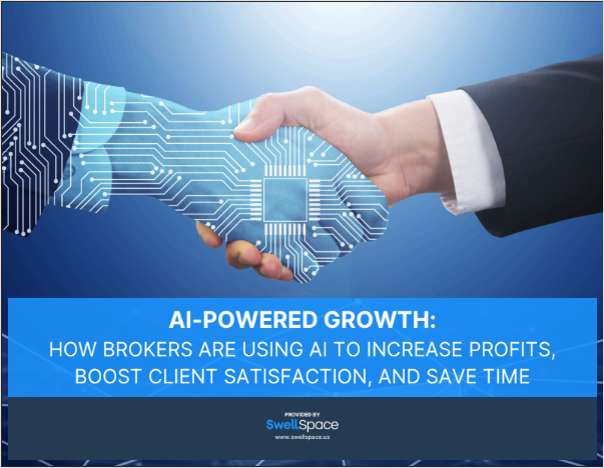We all know market timing doesn’t work, but what if we don’t know when market timing is being a stealthy sneak? What if we’re using it and don’t even realize it?
Related: 3 general concerns that thwart retirement saving
This interesting dilemma came out of a series of interviews I recently undertook with a variety of financial professionals on the subject of using historic returns or economic forecasts when determining retirement projections (see “Should a Fiduciary Use Historic Returns or Economic Forecasts when Making Retirement Return Projections?” FiduciaryNews.com, July 6, 2015).
Related: The real reason for the 'retirement crisis'
It seems a whole lot of people think it’s best to avoid using historic data because “things are different this time.” I always shiver when I hear that phrase. Do you? It’s almost as if, when I hear it, I know things are about to regress to the mean.
We’ve been languishing in this economic malaise for almost nine years now. It’s not the first time (anyone remember the 1970s?) and it probably won’t be the last, but why does it seem everyone has forgotten how we get out of these doldrums? Rather than thinking of a swinging pendulum, economic forecasters are doing the equivalent of saying the tree will grow to the sky. Only in this case, they’re saying the tree’s only going to be growing sidewise, not up.
Related: The free market is always one step ahead of regulators
Any student of behavioral psychology could explain this away in an instant. It’s called “recency,” and it deals with giving more weight to recent events than is their due.
In the worst cases (like now), it lends itself too easily to unmerited extrapolation. In other words, the most likely outcome for tomorrow is to be a repeat of today.
This is how lazy people make forecasts. In fact, they don’t really “make” them, merely extrapolate today’s trends into an infinite tomorrow.
But if we’re learned anything from life it’s that change happens, and it happens unexpectedly. That’s why no one believes in market timing. Since we can’t predict change, we can’t precisely predict when the market is going to make its next move.
We may know in general terms what that next move might be, we just don’t know when. Just ask anyone who’s been predicting (since 2009) doom for bond prices as soon as rates go up. Sure, they’ve got the direction right, they’re just a tad off on their timing.
Which brings up to our point: If all the king’s economists and all the king’s portfolio managers can’t put this Humpty Dumpty economy together again, are we going to just sit here and believe them? Or are we going to remember that “change happens when you least expect it?” And, if nothing else, doesn’t it seem like now is the time we least expect change.
No one saw Trump coming, yet here he is. Likewise, no one sees the next massive bull market coming, but what if it’s right around the corner?
Are retirement savers prepared to take full advantage of it? Or are they staying “safe” because the economists are forecasting continued stagnation in our economy? And, doesn’t that sound a tad bit like marketing timing?
Market timing has a bad reputation, and deservedly so. We all shirk away from it the moment it rears its ugly head. But, what if, like Invasion of the Body Snatchers, it lurks among us dressed in another person’s skin? What if our everyday “common sense” activities are leading down a path we wouldn’t knowingly take? What if we’re playing from the “politics as usual” playbook in the year of the outsider?
The sin of market timing is hubris. People simply think they can outsmart the market. They can’t.
I trust you’re not.
Complete your profile to continue reading and get FREE access to BenefitsPRO, part of your ALM digital membership.
Your access to unlimited BenefitsPRO content isn’t changing.
Once you are an ALM digital member, you’ll receive:
- Breaking benefits news and analysis, on-site and via our newsletters and custom alerts
- Educational webcasts, white papers, and ebooks from industry thought leaders
- Critical converage of the property casualty insurance and financial advisory markets on our other ALM sites, PropertyCasualty360 and ThinkAdvisor
Already have an account? Sign In Now
© 2025 ALM Global, LLC, All Rights Reserved. Request academic re-use from www.copyright.com. All other uses, submit a request to [email protected]. For more information visit Asset & Logo Licensing.








